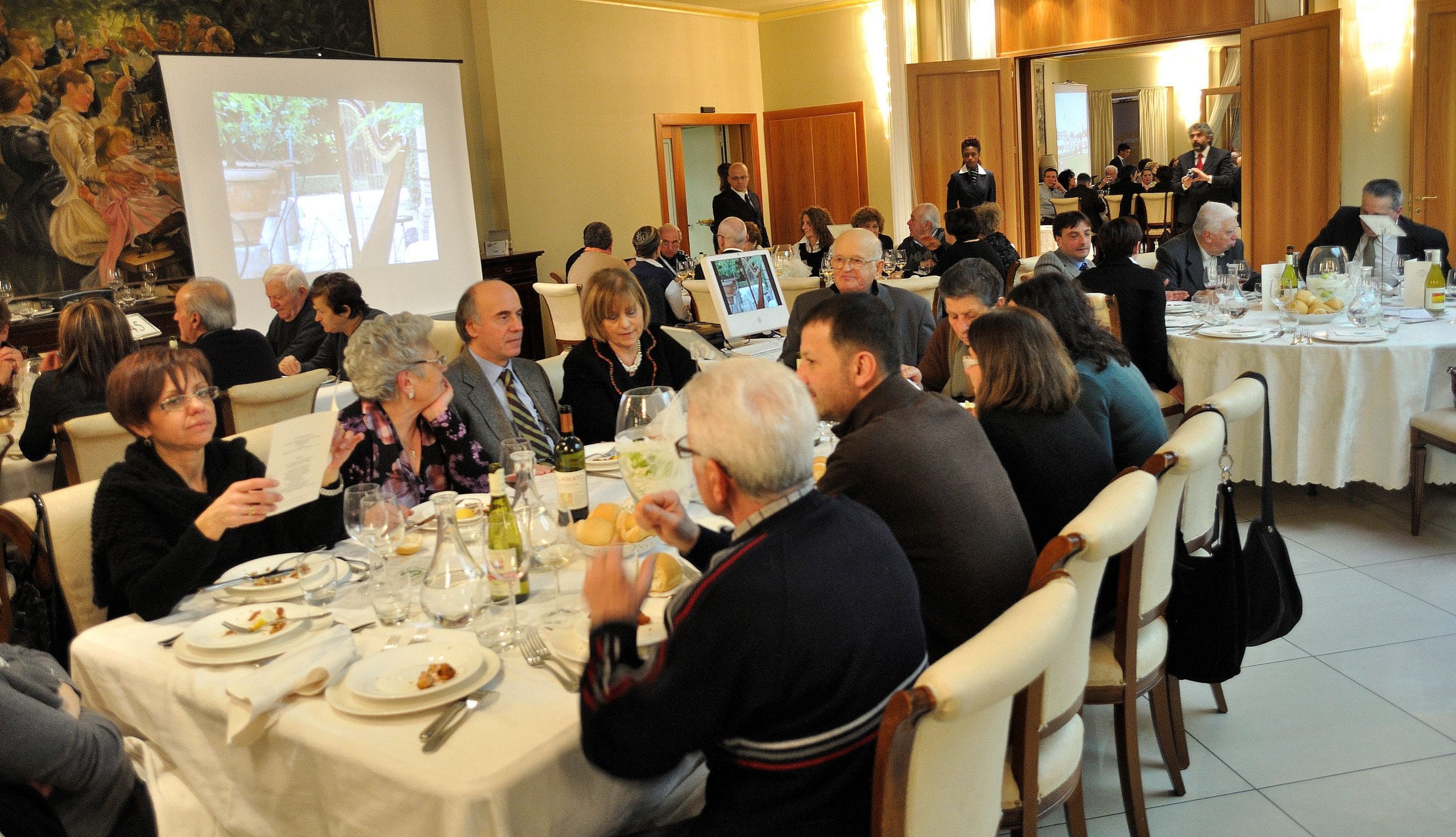An American research confirms an old suspicion: doctors prescribe to their patients drugs produced by companies that offer them meals, parties, small gifts. And the generic ones remain unsold.
Dall’Espresso del 06 luglio 2016 di PAOLA EMILIA CCERONE
Ed.: Riportiamo alcuni stralci dell’articolo dell’Espresso e rimandiamo la lettura integrale al link sopra indicato
( … omissis …)

( … omissis …)
Talking about corruption would perhaps be excessive, "but shall we try to imagine how things would go if AIFA and the ministry were present in doctors' surgeries like companies are?" suggests Conti Nibali. "The problem is that certain practices are customary, it's hard to think that it's not appropriate to accept a coffee or a small gift".
( … omissis …)
"Perhaps, less impressive data would emerge from a similar study done in Italy," defuses Cosimo Nume, communications manager of Fnomceo, the federation of medical orders. «Here we resort more often to first choice drugs, less expensive than those examined by American researchers, and there are rules on generic drugs, which the citizen can ask the pharmacist directly, even if the doctor has prescribed a specialty of brand".
( … omissis …)

In recent years, however, malpractice seems to be decreasing. Thanks also to rules and codes of ethics that prohibit the most scandalous collusions, such as medical congresses organized in tourist resorts and in the high season, with free days and the possibility of bringing a companion. While invitations to congresses, as an audience but also as speakers, or participation in training courses are legitimate, «which companies offer with what is defined as an “unconditional contribution”», recalls Nume.
( … omissis …)
Farmindustria has adhered to the European Disclosure Code which requires "money transfers" between doctors and companies to be put online. For now, it will be necessary to look for them on the websites of the individual companies: "But a patient who is dissatisfied with a prescription will be able to verify whether the doctor has economic interests linked to that drug" , recalls Nume, anticipating that he is thinking about how to simplify access to the data.
( … omissis …)
Ed: Riteniamo che non sia possibile paragonare i dati americani alla realtà italiana. Come è noto il Servizio Sanitario Americano non esiste, esiste, dopo la riforma di Obama, un sistema oneroso per i cittadini di assicurazioni private di malattia. In Italia invece c’è un Servizio Sanitario Nazionale finanziato per lo più dalla fiscalità generale.
Gli Infornatori Scientifici Americani in realtà sono “Pharmaceutical Sales Representatives”, cioè rappresentanti di vendita i quali hanno metodi di lavoro ben diversi da quelli italiani. In Italia ci sono gli Informatori Scientifici del Farmaco (ISF) così definiti dal D.Lgs. 219/06 che ne regola l’attività e ne vieta l’attività di vendita.
Il pediatra intervistato nell’articolo dell’Espresso, il Dr. Sergio Conti Nibali, parla di non ben precisati “informatori sanitari”. Probabilmente, dato che è un pediatra, presumiamo che confonda gli agenti rappresentanti di commercio che vendono latte per neonati e gli Informatori Scientifici del Farmaco. Come si può intuire il latte artificiale per i neonati non è un farmaco, il Ministero della Salute lo classifica fra i “prodotti alimentari destinati ad una alimentazione particolare” e ovviamente i venditori di latte non seguono le norme del D.Lgs. 219/06 che regolamenta l’attività degli ISF. Lo informiamo che gli ISF non seguono nessun corso per diventare amici dei medici. Pensiamo che prima di parlare ad un giornale di ISF bisognerebbe sapere chi sono gli ISF, cosa fanno, cosa possono fare e cosa non possono fare.
Il Prof. Bobbio poi ipotizza chissà quali pratiche misteriose negli incontri fra ISF e medico, lasciando intendere chissà quale mercimonio. Se il Prof. Bobbio è a conoscenza di qualche comportamento illecito, lo denunci alla magistratura. Dovrebbe rendersi conto che sospetti del genere sono diffamatori per un’intera categoria di professionisti. Ma è mai possibile che in questi articoli si parli sempre di ISF come grandi corruttori senza sapere nulla degli ISF. E i medici che vengono trattati, bene che vada, come degli ignoranti imbecilli o peggio come dei corrotti non hanno mai niente da dire?
E questi irreprensibili censori non hanno niente da dire per come le ASL premiano con denaro quei medici che prescrivono quei farmaci indicati dalle stesse ASL? E non si scandalizzano come l’atto medico diventi sempre più subordinato alle pressioni economiche delle varie ASL? E la centralità del paziente dove finisce?
Ed infine, cari giornalisti, quando parlate di ISF, intervistate almeno anche un ISF che dica qual’è la realtà “vera” e non quella immaginata!
Related news: Farmindustria, on transparency code for doctors' accessions up to 90%
National Association of Pharmaceutical Sales Representatives
Whistleblowers influence the prescription. As? With sticky notes and pens
USA. Prescriptions: when the doctor is conditioned. Ed
“Even a tiramisu is corruption”. Fabio De Luigi plays an ISF
Powdered milk for babies: what the law says
Now There's Proof: Docs Who Get Company Cash Tend to Prescribe More Brand-Name Meds
Dollars for Docs 684,915 doctors, $3.49 Billion in disclosed payments, 1,135 teaching hospitals, 1,565 companies
Overprescription, communication to doctors does not work in the US
